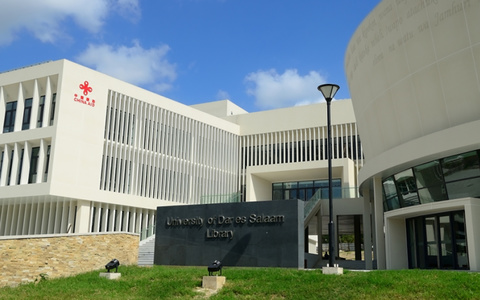The University of Dar es Salaam (UDSM), in partnership with Norway’s Centre for Medical Ethics, is undertaking a capacity-building training program for ethicists and healthcare professionals to address ethical dilemmas in clinical practices.
Funded by NORPART (Norwegian Partnership Programme for Global Academic Cooperation), the Enhancing Ethics and Integrity in Medical Research and Clinical Practice (ETHIMED) project is scheduled from 2022 to 2026 and aims to provide guidance on handling daily ethical dilemmas that arise in clinical settings.
The project is jointly implemented by UDSM, the Department of Philosophy and Religious Studies at the University of Oslo (UiO) in Norway, and the University of Rwanda, focusing on tackling emerging challenges in the medical field.
Dr. Michael Lyakurwa, Head of the Department of Philosophy and Religious Studies at UDSM, emphasized the importance of incorporating clinical ethics courses into the educational curriculum for health and allied science programs. Under the ETHIMED project, a train-the-trainer program on clinical ethics is being established to train health practitioners and faculty members in Rwanda and Tanzania. The project also involves creating a moral deliberation model, establishing a clinical ethics committee, and developing a manual for clinical ethics committees in the country.
According to Dr. Lyakurwa, there is a pressing need for clinical ethics support services in the Sub-Saharan context, given the increasing number of moral cases in clinical practice.
Dr. Françoise Mukanyangezi, Head of the Pharmacy Department at the University of Rwanda, stressed the importance of developing clinical ethics guidelines for healthcare professionals. She mentioned that training on the moral case deliberation model from the Centre for Medical Ethics at the University of Oslo has been valuable and could assist in handling ethical dilemmas in clinical practice.
Mr. Lucas Kitula from UDSM expressed his belief that clinical ethics guidelines would be beneficial for healthcare professionals in dealing with practical issues. These guidelines can address intercultural issues in healthcare settings, conflicts between religious beliefs and biomedical interventions, and allocation of medical resources when facing constraints.
Participants in the training acknowledged the significance and relevance of the program in healthcare settings confronted with numerous ethical dilemmas that complicate medical decision-making.
The collaboration between UDSM and the Norway Centre for Medical Ethics aims to equip healthcare professionals with the knowledge and tools needed to navigate complex ethical issues in clinical practices, contributing to improved patient care and ethical decision-making in the medical field.




